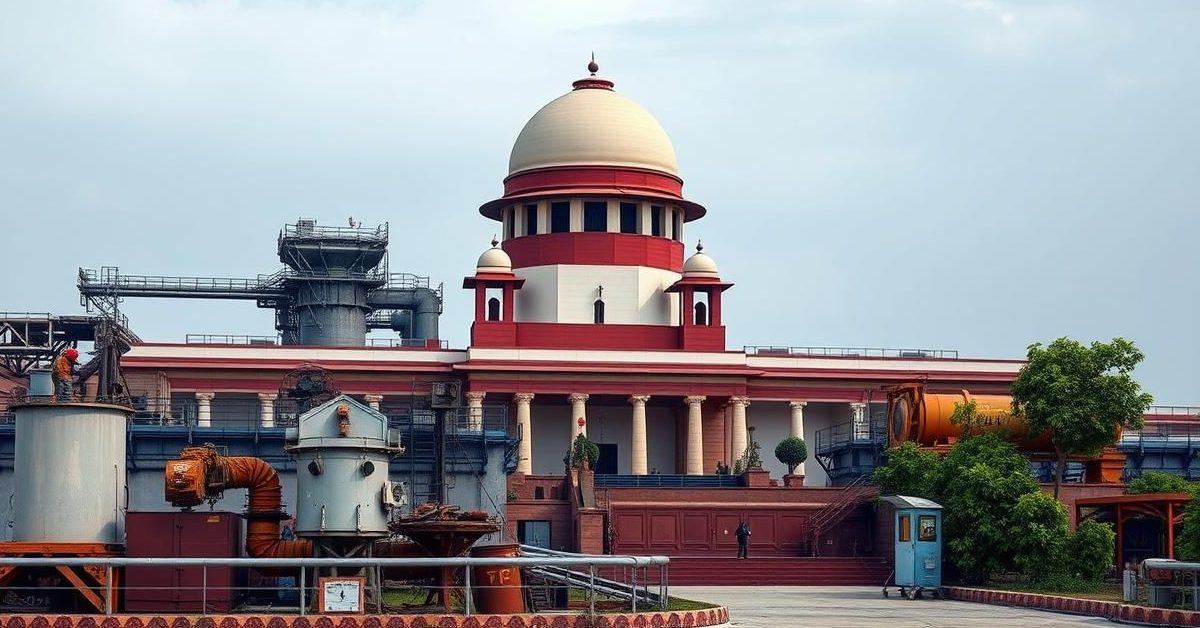The Dawn of a New Era: India’s Landmark Household Income Survey in 2026
For the first time in its independent history, India is poised to embark on a transformative journey to understand its economic heartbeat at the grassroots level. The Ministry of Statistics and Programme Implementation (MoSPI) has announced plans to conduct the nation’s inaugural Household Income Survey in 2026. This isn’t merely a statistical exercise; it’s a pivotal moment promising to reshape policy-making, foster equitable growth, and offer an unprecedented, granular view into the financial lives of millions across the vast expanse of the subcontinent.
This monumental undertaking signifies a crucial step towards data-driven governance, providing insights that have long been absent from the national discourse. Understanding who earns what, where, and how is fundamental to crafting targeted interventions that truly uplift communities and propel India towards its ambitious developmental goals.
Why This Survey Matters: Unlocking India’s Economic DNA
The absence of comprehensive, regularly updated household income data has been a significant void in India’s statistical landscape. While other nations routinely track this vital metric, India has relied on consumption expenditure surveys or indirect indicators. This new initiative by MoSPI is set to rectify that, painting a clearer picture of economic stratification, wealth distribution, and the true impact of economic policies.
Imagine the implications: accurately identifying vulnerable populations, tailoring social welfare schemes like PM-KISAN or Ayushman Bharat more effectively, and designing robust fiscal policies. This data will be instrumental for institutions like the Reserve Bank of India (RBI) in formulating monetary policy and for NITI Aayog in strategizing for long-term national development, including the audacious vision of a ‘Viksit Bharat’ (Developed India) by 2047. It’s about empowering policymakers with the precision tools needed to build a more prosperous and inclusive future.
The Architects of Insight: MoSPI and the Technical Expert Group
MoSPI, the central authority responsible for collecting and disseminating national statistics, will lead this pioneering effort. Recognizing the intricate complexities involved, the Ministry is establishing a specialized Technical Expert Group (TEG). This group will serve as the intellectual backbone of the survey, guiding MoSPI on critical aspects ranging from the intricate methodology for income estimation to survey design, sampling techniques, and data validation protocols.
The TEG will likely comprise a formidable array of seasoned economists, distinguished statisticians, demographers, sociologists, and data scientists. Their collective expertise will be indispensable in navigating the unique challenges of surveying a nation as diverse as India, ensuring the robustness and reliability of the data collected from urban metropolises to the most remote rural hamlets. Their work will lay the groundwork for what promises to be a goldmine of information, setting global standards for large-scale national surveys.
Beyond the Paycheck: A Holistic View of Household Well-being
While the core objective is to measure household income, the proposed survey’s ambition stretches far beyond simple financial figures. It aims to paint a far more holistic portrait of household well-being and economic resilience. This means delving into crucial allied dimensions that reveal the true quality of life.
Anticipate questions that explore a broader spectrum of indicators, such as:
* **Consumption Patterns:** What are households spending on? Food, education, healthcare, technology – this reveals living standards and market demand.
* **Savings and Investments:** How much are households able to save? Are they investing in assets, real estate, or financial instruments? This indicates financial security and future growth potential.
* **Debt Burdens:** Are households taking on loans? For what purposes and from what sources? This highlights financial vulnerabilities.
* **Access to Services:** Probing access to essential services like clean water, sanitation, electricity, internet connectivity, and banking facilities.
* **Asset Ownership:** Details on ownership of durable goods, land, and property, which contribute to a household’s wealth.
* **Employment Landscape:** Understanding the nature of employment, job security, and sources of non-wage income.
By capturing these interconnected facets, the survey will provide invaluable insights into economic disparities, the efficacy of welfare schemes, and the socio-economic impact of various policies, offering a multi-dimensional view of prosperity.
Transformative Potential: Shaping Policies and Future Growth
The implications of this first-ever household income survey are profound. The data generated will be a game-changer for evidence-based policy formulation, allowing the government to precisely target resources where they are most needed. Imagine more nuanced taxation policies, better allocation of funds for infrastructure development in underserved areas, and improved understanding of the informal economy.
For businesses, particularly in sectors like consumer goods, finance, and retail, this data will unlock unprecedented market intelligence, enabling more informed investment and expansion strategies. Researchers and academics will gain a treasure trove of information for in-depth studies on poverty, inequality, and economic mobility. Ultimately, this comprehensive data set will serve as a bedrock for building a more resilient, equitable, and prosperous India, ensuring that the benefits of economic growth reach every citizen.











